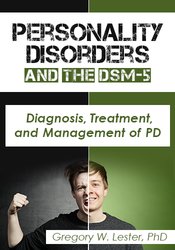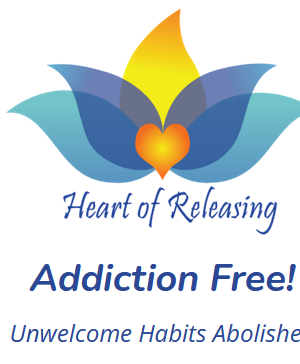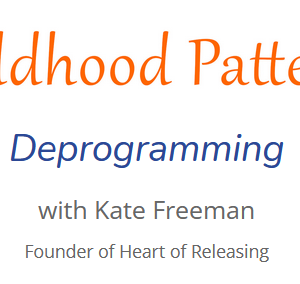Laura Ehlert – Self-Regulation Strategies for Children with ADHD
$109.00 Original price was: $109.00.$30.40Current price is: $30.40.
This recording will help you to better intervene with the challenging child – the one who won’t sit still; doesn’t follow directions; often throws tantrums; or has difficulty waiting for their turn.
Laura Ehlert – Self-Regulation Strategies for Children with ADHD
Treatment Approaches using Processing Perspectives
- Improve self-regulation in children through our own paradigm shifts
- Ping + Ping + Ping = Frustration and dysregulation
- De-escalation strategies and precursers to problem-solving
- Behavioral and mindful intervention for dysregulation triggers
Sensory Deficits
- Integration, meaning and perception
- Experience your own dsyregulation to sensory challenges
- Reduce sensory triggers
- Desensitize strategies to reset the “panic switch”
- Manage the environment to reduce sensory overload
Language/Learning Deficits
- Incorporate language processing into our understanding of behavior
- Meaning = perception = reality = response
- Your emotional response to their language challenges
- Recognize, validate and problem-solve common language deficit triggers
- Social Pragmatics insight and behavior
Executive Functioning Deficits
- Impact of processing inconsistencies on daily functioning
- Experience how we might set kids up to fail without realizing it
- Problem-solving strategies to improve organization, working memory and meta-cognitive deficits
- Environments that manage fidgeting, restlessness and inattention and provide positive social-emotional regulation
- Roadblocks created by executive skills deficits
Perspective-Taking and Meaning
- The “Set-up”: Child’s expectation + delayed development = failure
- Develop appropriate expectations: Pitfalls and strengths of developmental models
- Strategies for triggering triggers
- Reinforcing desired behavior using Nurtured Heart Approach
Behavioral Strategies
- Create realistic expectations through better understanding of the child’s process
- Behavior modification and skills coaching: resetting and choices to improve self-regulation
- Environmental structures that regulates
- Empower children to improve self-regulation
- Cognitive restructuring to reduce tantrums and emotional dysregulation
Problem-Solving Strategies
- Reduce stressors
- Improve child’s acceptance and personal responsibility for behavior
- Create realistic expectations
- Learning/teaching flexibility
- Use language to self-regulate
Neuro-Biological Considerations
- Diet/food
- Supplements/vitamins
- Sensitivities/toxins
- Movement and exercise to regulate the brain
Would you like to receive Laura Ehlert – Self-Regulation Strategies for Children with ADHD ?
Description:
This recording will help you to better intervene with the challenging child – the one who won’t sit still; doesn’t follow directions; often throws tantrums; or has difficulty waiting for their turn. They may “hit first and ask questions later”. They react impulsively and have difficulty expressing what they need or what is frustrating them. We know this child is intelligent, caring and kind, but their behavior doesn’t reflect these positive qualities. These are the children who confuse and frustrate parents and who overwhelm teachers and peers. They struggle to meet basic expectations and are dysregulated and unable to succeed in school, with peers, and at home.
Through discussion and hands-on experience you will discover how language, executive function and sensory processing deficits lead to misperceptions about the causes of emotional and behavioral dysregulation in these children. You will learn strategies for changing your perception and creating expectations and environments that will help them to succeed at home, school and with peers!
- Recognize the signs of underlying processing deficits that lead to dysregulation
- Strategies to improve self-control, social success, emotional control and task completion
- Strategies to reduce frequency and duration of tantrums and emotional outbursts
- Problem-solving strategies to create positive structure and expectations, positive coping and self-regulation
- Interventions to deescalate and brain training exercises that will increase self-regulation
Be the first to review “Laura Ehlert – Self-Regulation Strategies for Children with ADHD” Cancel reply
Related products
Health & Medical
Health & Medical
Health & Medical
Kate Freeman – Heart Of Releasing – Masters for Daily Releasing
Health & Medical
Health & Medical
2018 High Risk Obstetrics Current Trends, Treatments & Issues
Health & Medical
Gregory W. Lester – Personality Disorders and the DSM-5 – Diagnosis, Treatment, and Management of PD
Health & Medical













Reviews
There are no reviews yet.